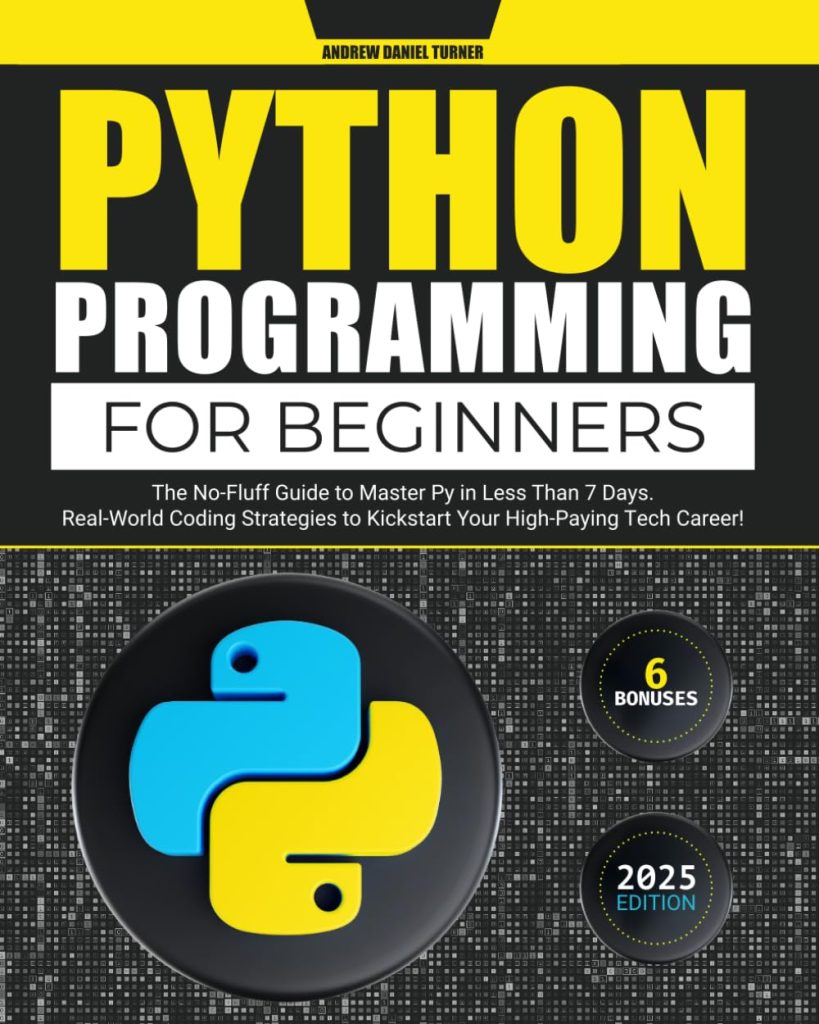
Within the scope of SQLAlchemy, hybrid properties offer a sophisticated mechanism for encapsulating logic that bridges the gap between SQL expressions and Python method calls. They allow developers to define attributes that can operate seamlessly in both the context of a class instance and as part of the SQL expression language, thereby enhancing the expressive power of the ORM.
Hybrid properties are implemented using the hybrid_property decorator, which allows the definition of a property that can be used in two different contexts: as a Python attribute when accessed on a class instance and as a SQL expression when used in a query. This duality is particularly useful in scenarios where you want to maintain logic that is consistent across both in-memory object states and persisted database states.
To illustrate the utility of hybrid properties, ponder an example where we have a simple User class with a first and last name. We might want to create a hybrid property that returns the full name of the user.
from sqlalchemy import Column, Integer, String
from sqlalchemy.ext.hybrid import hybrid_property
from sqlalchemy.orm import declarative_base
Base = declarative_base()
class User(Base):
__tablename__ = 'users'
id = Column(Integer, primary_key=True)
first_name = Column(String)
last_name = Column(String)
@hybrid_property
def full_name(self):
return f"{self.first_name} {self.last_name}"
@full_name.expression
def full_name(cls):
return cls.first_name + " " + cls.last_name
In this example, the full_name hybrid property can be accessed directly on an instance of the User class, as well as in query expressions. For instance, one could query users based on their full name:
from sqlalchemy.orm import sessionmaker Session = sessionmaker(bind=some_engine) session = Session() # Querying using the hybrid property result = session.query(User).filter(User.full_name == 'Neil Hamilton').all()
Moreover, since full_name is defined both as a Python method and as an SQL expression, SQLAlchemy will optimize the query generation, ensuring that the correct SQL syntax is produced for efficient execution on the database.
Thus, the understanding of hybrid properties not only enhances the ability to express complex logic within the ORM but also preserves the seamless interaction between Python and SQL, thereby adhering to the principles of clean and maintainable code.
Defining Hybrid Methods for Enhanced Functionality
When it comes to enhancing the functionality of your models in SQLAlchemy, hybrid methods provide a potent mechanism for creating methods that can also be utilized in SQL expressions. Unlike hybrid properties, which are primarily focused on representing calculated attributes, hybrid methods allow for more complex operations that can take arguments and be invoked in both Python and SQL contexts. This dual capability offers a wealth of possibilities for building expressive and efficient queries.
Defining a hybrid method involves using the hybrid_method decorator, which serves a similar purpose to the hybrid_property decorator but extends the functionality by allowing methods to accept parameters. That’s particularly useful when you need to encapsulate behavior that can vary based on input arguments, yet still want to leverage SQL expressions in your queries.
To illustrate the idea of hybrid methods, let us consider a scenario where we wish to compare a user’s age against a specific threshold. Here, we can define a hybrid method that calculates the age based on a birthdate field and allows us to filter users based on their age.
from datetime import datetime
from sqlalchemy import Column, Integer, Date
from sqlalchemy.ext.hybrid import hybrid_method
from sqlalchemy.orm import declarative_base
Base = declarative_base()
class User(Base):
__tablename__ = 'users'
id = Column(Integer, primary_key=True)
birth_date = Column(Date)
@hybrid_method
def is_older_than(self, age):
today = datetime.today()
birth_year = self.birth_date.year
age_at_today = today.year - birth_year - ((today.month, today.day) age
@is_older_than.expression
def is_older_than(cls, age):
today = datetime.today()
birth_year = cls.birth_date.year
age_at_today = today.year - birth_year - ((today.month, today.day) age
In this example, the is_older_than hybrid method first calculates the user’s age based on the birth date, and can be called on an instance of the User class. However, it also has a SQL expression that allows it to be used in a query. For instance, if one wanted to retrieve users who are older than 30, the usage would be as follows:
# Querying using the hybrid method result = session.query(User).filter(User.is_older_than(30)).all()
This query would generate an appropriate SQL statement that efficiently filters users based on the calculated age, demonstrating the power of hybrid methods in SQLAlchemy. By incorporating logic that can operate both in-memory and at the database level, hybrid methods help maintain consistency and clarity in your codebase.
Hybrid methods greatly enhance the expressiveness and functionality of SQLAlchemy models, enabling developers to craft complex queries that remain readable and maintainable. By defining methods that can seamlessly operate in both Python and SQL contexts, one can achieve sophisticated data manipulation and querying capabilities while adhering to the principles of software design.
Using Hybrid Properties for Dynamic Queries
When engaging with hybrid properties in SQLAlchemy, one finds that they are not merely a convenience but a powerful conduit for crafting dynamic queries. This capability is particularly advantageous when building applications that require intricate filtering or sorting based on calculated values. By using hybrid properties, developers can create expressions that dynamically adjust to the underlying data, resulting in a more intuitive and efficient querying experience.
Ponder a scenario where we wish to implement a system that tracks the performance of products in a sales database. Suppose we have a Product class with attributes for units sold and price per unit. We might want to define a hybrid property that calculates the total sales for each product, allowing us to query products based on their sales performance.
from sqlalchemy import Column, Integer, Float
from sqlalchemy.ext.hybrid import hybrid_property
from sqlalchemy.orm import declarative_base
Base = declarative_base()
class Product(Base):
__tablename__ = 'products'
id = Column(Integer, primary_key=True)
units_sold = Column(Integer)
price_per_unit = Column(Float)
@hybrid_property
def total_sales(self):
return self.units_sold * self.price_per_unit
@total_sales.expression
def total_sales(cls):
return cls.units_sold * cls.price_per_unit
In this example, the total_sales hybrid property calculates the total sales for each product instance, but it can also be utilized within SQL queries. For instance, if we want to retrieve products that have total sales exceeding a certain threshold, we can execute the following query:
# Querying products based on total sales result = session.query(Product).filter(Product.total_sales > 1000).all()
This query effectively generates the appropriate SQL statement to filter products based on their computed total sales, showcasing how hybrid properties can facilitate dynamic querying by encapsulating business logic directly within the model.
Additionally, hybrid properties can also be employed for sorting operations, allowing for more sophisticated ordering of query results. Continuing our Product example, we might want to order products based on their total sales in descending order:
# Querying products ordered by total sales result = session.query(Product).order_by(Product.total_sales.desc()).all()
This demonstrates the versatility of hybrid properties, as they not only allow for filtering but also provide a means to influence the order of results returned from the database. The power of hybrid properties lies in their ability to abstract complexities and provide a unified interface for interacting with data, maintaining the balance between SQL and Python.
By using hybrid properties, one can craft dynamic and expressive queries that align closely with the application’s business logic. The seamless integration of Python attributes with SQL expressions enriches the experience of working with ORM, enabling developers to focus on the problem at hand rather than the intricacies of database interaction.
Best Practices for Implementing Hybrid Features in SQLAlchemy
When implementing hybrid features in SQLAlchemy, it’s essential to adhere to best practices that not only enhance the maintainability of your code but also ensure optimal performance. The design and usage of hybrid properties and methods can greatly impact the clarity of your models and the efficiency of your queries. Here are some guiding principles to consider:
1. Keep Logic Simple and Predictable
It is advisable to keep the logic encapsulated within hybrid properties and methods as simpler as possible. Complex calculations can introduce unexpected behavior when the logic is executed in both Python and SQL contexts. Aim for clarity; if a hybrid property or method grows too complex, ponder breaking it down into smaller, more manageable components.
2. Use Appropriate Data Types
When defining hybrid properties and methods, ensure that the data types used are appropriate for the operations being performed. Mismatched data types can lead to runtime errors or inefficient query generation. For instance, when performing arithmetic operations, ensure the involved attributes are of numeric types, as shown in the following example:
from sqlalchemy import Column, Integer, Float
from sqlalchemy.ext.hybrid import hybrid_property
from sqlalchemy.orm import declarative_base
Base = declarative_base()
class Product(Base):
__tablename__ = 'products'
id = Column(Integer, primary_key=True)
units_sold = Column(Integer)
price_per_unit = Column(Float)
@hybrid_property
def total_sales(self):
return self.units_sold * self.price_per_unit
@total_sales.expression
def total_sales(cls):
return cls.units_sold * cls.price_per_unit
3. Optimize for Database Queries
Since hybrid properties and methods are often used in SQL expressions, think the implications of their usage on query performance. When defining expressions, ensure that the generated SQL is efficient. Utilize SQLAlchemy’s built-in functions and operators to help SQLAlchemy optimize the generated queries. For example, prefer using built-in SQL functions for calculations rather than performing them in Python when possible.
4. Document Your Hybrid Features
As with any complex code, thorough documentation is critical. Clearly document the purpose and behavior of each hybrid property and method. Explain how they should be used and the context in which they operate. This practice not only aids other developers who may work on the codebase in the future but also serves as a useful reference for your own understanding over time.
5. Test Extensively
Testing is paramount in ensuring that hybrid properties and methods behave as expected in both Python and SQL contexts. Write unit tests that cover various scenarios, including edge cases to validate the behavior of your hybrid features. Ensure that both the Python method and the corresponding SQL expression yield consistent results.
def test_total_sales():
product = Product(units_sold=10, price_per_unit=15.0)
assert product.total_sales == 150.0
def test_query_total_sales(session):
session.add(Product(units_sold=10, price_per_unit=15.0))
session.commit()
result = session.query(Product).filter(Product.total_sales > 100).all()
assert len(result) == 1
6. Think Readability and Maintainability
When designing hybrid properties and methods, prioritize readability. The ability to quickly understand what a piece of code does is invaluable, especially in collaborative environments. Clear, concise naming and simpler logic can greatly enhance the maintainability of your code.
By adhering to these best practices when implementing hybrid features in SQLAlchemy, you can create robust, efficient, and maintainable models. The thoughtful application of hybrid properties and methods not only enriches the capabilities of your application but also contributes to a clean and coherent codebase, aligning with the principles of effective software design.
Source: https://www.pythonlore.com/customizing-sqlalchemy-orm-with-hybrid-properties-and-methods/




